I’m struggling a lot at the moment coping with caregiver guilt of not doing everything that I need to do to support mum. It can feel overwhelming sometimes. I’m worried that I’m missing something. Time feels like it’s moving too fast at the moment. The speed of how dementia suddenly progresses has really shocked me.
I’m not coping with it, it’s too fast in just one year, mum was doing so well but now it’s painful to watch how much she’s changed in less than a year.
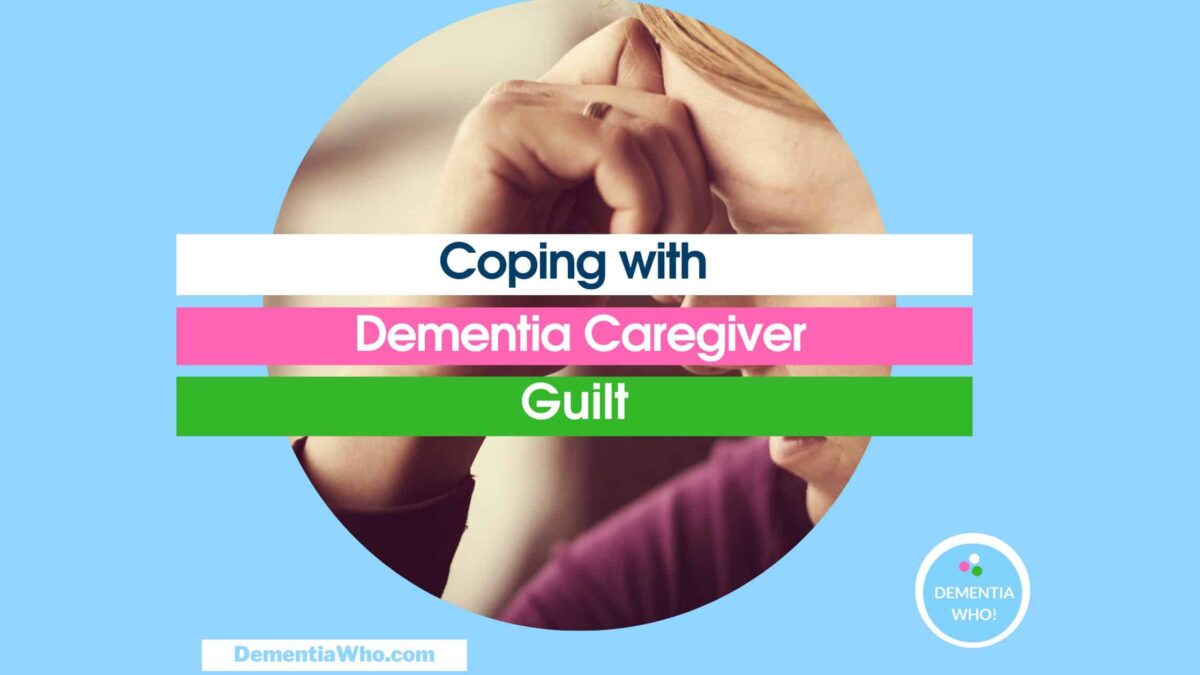
The Uncertainty of Dementia Progression
One of the most challenging aspects of dementia is the uncertainty. Is your loved one’s decline a result of the dementia itself, or could there be another underlying issue? I’ve done everything I can in getting the doctors to check her out, do bloods and look for obvious signs of issues. But gratefully, nothing has been found. Yet mum is still not quite herself, the self that I know with dementia, not her old self. This version of her sleeps a lot, has no interest in doing anything, her apathy extends even to eating, the majority of days now she makes no effort to feed herself she prefers that we feed her. Have I missed something, is this really all because of her Alzheimer’s?
The Guilt of Pushing Too Hard
If it is the Alzheimer’s then am I doing the right thing? I feel guilty for pushing her, wanting more from her, trying everything in my power to keep her engaged and active. But nothing seems to be working as it once did. When you see your loved one getting physically weaker, she’s already confined to a wheelchair, and now she’s not interested in exercise and even less bothered by my attempts to engage her in activities.
I want to do what’s best for mum, but when her favourite words are “leave me alone”, it’s really hard not to feel guilty. I’m clearly not doing the right things to connect with her. Everyday, it’s “leave me alone” to the carers doing her personal care, “leave me alone” to me as I try to brush her hair, clean her face or try the hand under hand technique when eating. The version of mum that I knew is just slipping away, and I’m torn between what’s she clearly telling me or fighting to keep the version of mum I know.
The Struggle to Listen
I hear those words so much during the day, and I feel guilty, am I not listening to what mum is telling me? It’s easy to advise others to listen to what a person with dementia is telling them—through words, actions, and body language. But when it comes to your own loved one, accepting that advice is far more difficult. You hear them say, “leave me alone,” and you know you should, yet you can’t help but feel guilty when you fight for them to engage, however small that is. It’s such a hard balancing act of doing the right thing, and I’m always questioning myself if I am really doing that.
Doubting Your Instincts
Art was something mum loved, something she always enjoyed. It was a way to get out of the house, to engage with others, to enjoy different textures, forms and colours. I think she loves it, and the benefit of doing something we enjoy together. But now, I’m even unsure about that. I wonder now if mum even loves art.
I’m doubting myself as a family member stepped in for me and took mum to art class, and observed that mum wasn’t really engaged. Does she really enjoy it, or am I projecting my own feelings. I always believed that she loved it, that she enjoyed the company, loved the instructor and knows what she likes to do which is paint! But just to hear the opposite from a family member, has raised doubt in my mind, and with that doubt comes the guilt!
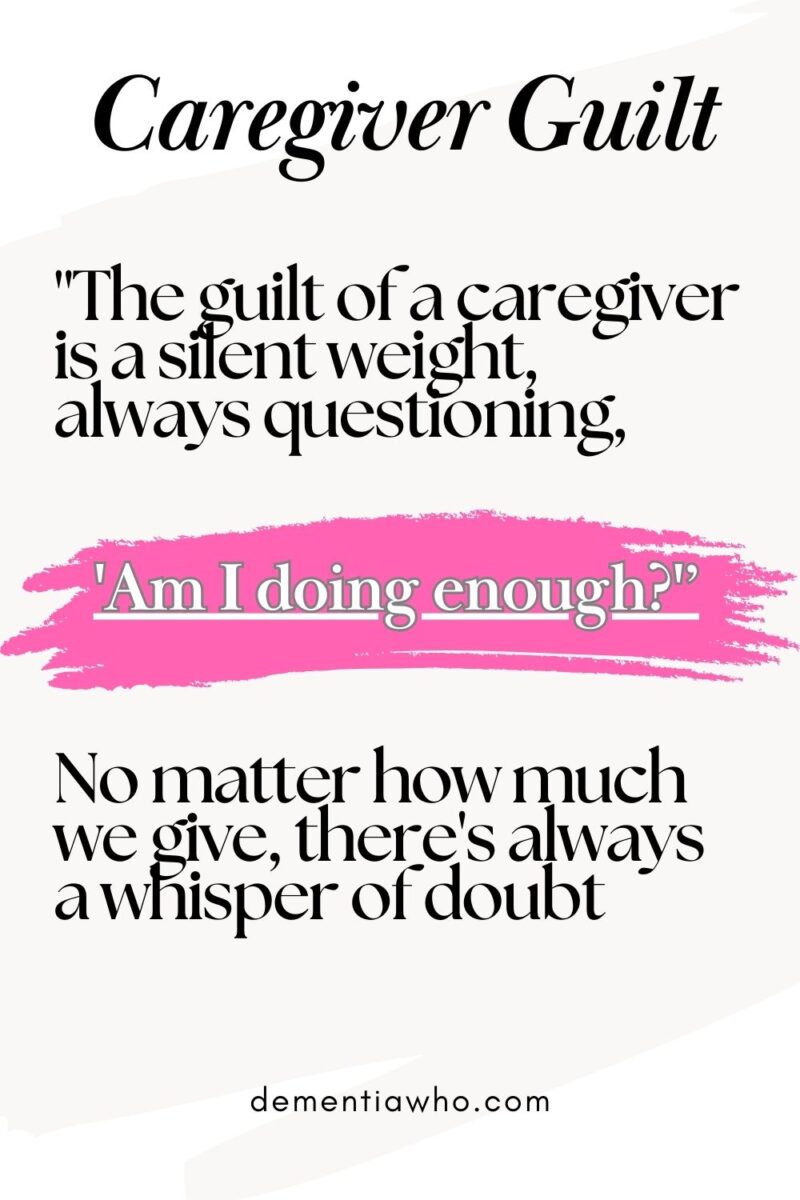
Accepting the New Reality
When we’re home she’s a different person, her interest is much shorter, and she gives up so easily. Everything is shorter, mum wants everything done for her, she’s stopped trying. I didn’t realise how that would make me feel, or how it makes mum feel. Is she reacting to me? By helping her more, have I done something to make her feel that I’ve given up?
The hardest part of this journey is accepting the changes, both with mum and in myself. Watching someone you care for lose their interest, their drive, their connection to the world is incredibly hard. And the guilt that comes with fighting for them, for trying to hold onto the person they once were, is something every caregiver grapples with. But as much as I want to resist these changes, there comes a point where I have to accept that is the only way forward.
Accepting that mum may no longer find joy in the things she once loved, that she needs more help, more patience, and more understanding than ever before. Learning to accept this change is harder than I imagined, and I feel so guilty fighting for her to change and maybe making her do things that she really didn’t want, and just dismissing the communication signals she’s been giving me, have I really done that?
It’s Okay to Feel Guilty.
I have to keep telling myself it’s okay to struggle with these emotions. Learning to accept the new status quo is hard, but it’s a necessary step in this journey. I have to keep reminding myself that there isn’t a right or a wrong way to do this. Every person with dementia is different as are we dementia caregivers. But it’s important to remember that I’m doing the best I can in an incredibly difficult situation. I’m going to keep making mistakes.
I know that I’m not alone in feeling this way, (well I hope that’s the case!). I have a good support network around me, I know that I can talk to a professional to help me process my thoughts. It’s really important for me to not let this guilt override me, to keep working at this, arming myself with knowledge from others with lived in experience, to make sure that I’m not short changing mum, that we live one day at time, that’s what life is like with dementia, things can change so much in such a short span.
Getting caught up in guilt, not accepting the life mum is telling me she needs is just wasting her precious time, I love her deeply and will honour her wishes to the end. I won’t be the person who lets her down because I’m not ready to deal with it or guilt takes over.
I’m giving myself a reality check, mistakes happen but how we get up and fix them is what matters. When I look back at this time, what am I going to remember the guilt or giving mum the grace and time to live the life she wants.
Let me know in the comments, if you can relate to any of this, how are you coping with caregiver guilt? It’s a bit raw for me to be sharing this but I promised I would on our journey with Alzheimer’s disease. Call me out if you don’t agree, the language I use. I just ask you to be constructive and not rude. Thank you for taking the time to read this, I hope it helps.
PS. i haven’t shared any updates on Kikki our cat or the fact that we have a companion for her Leo (currently ruling the roost and scaring the bejesus out of Kikki by dive bombing her at every opportunity), but the conversation it sparks from mum, the interest from mum when they’re around is, made it so worth us getting another one, pet therapy to the rescue, something I need to learn more about! Enjoy the cute photos (for those new here, Kikki is the tortoiseshell looking one and Leo, black and white kitten!)
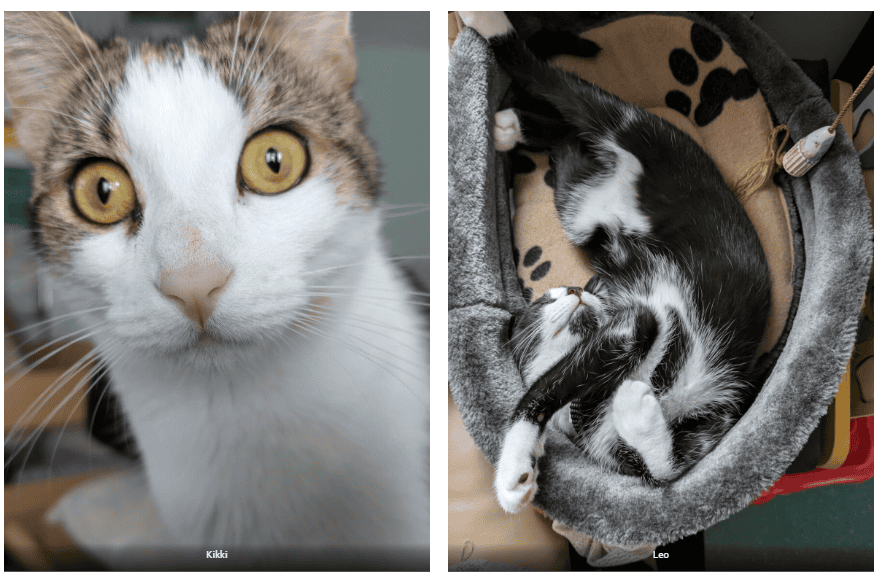

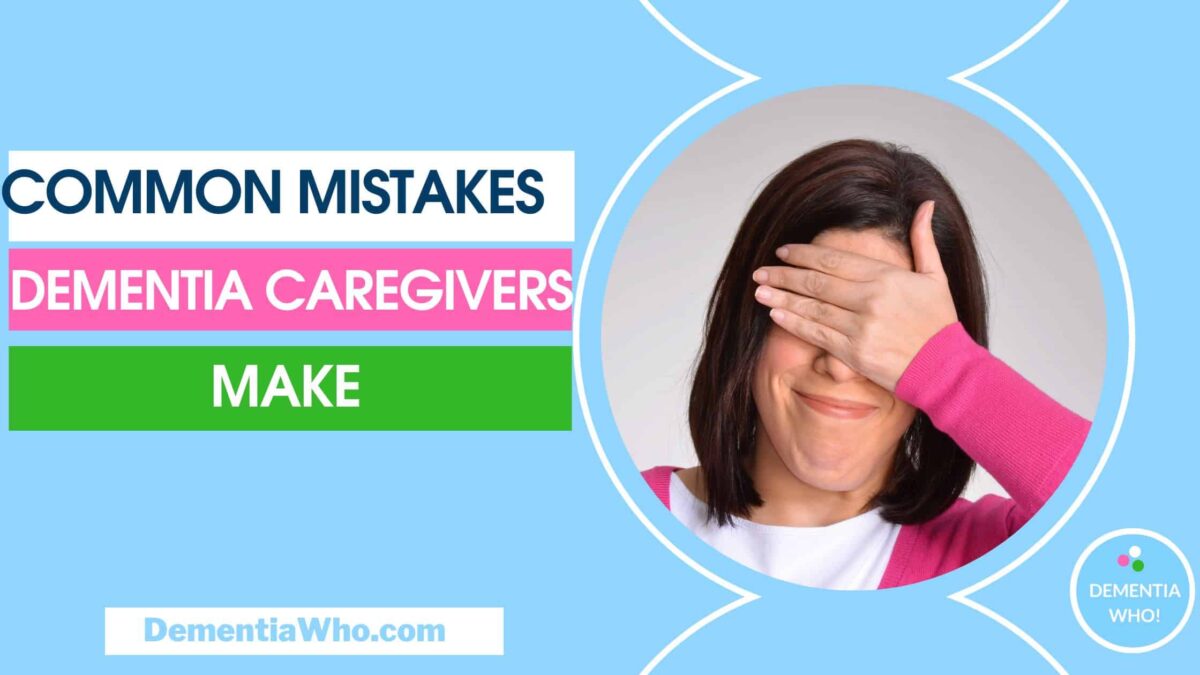
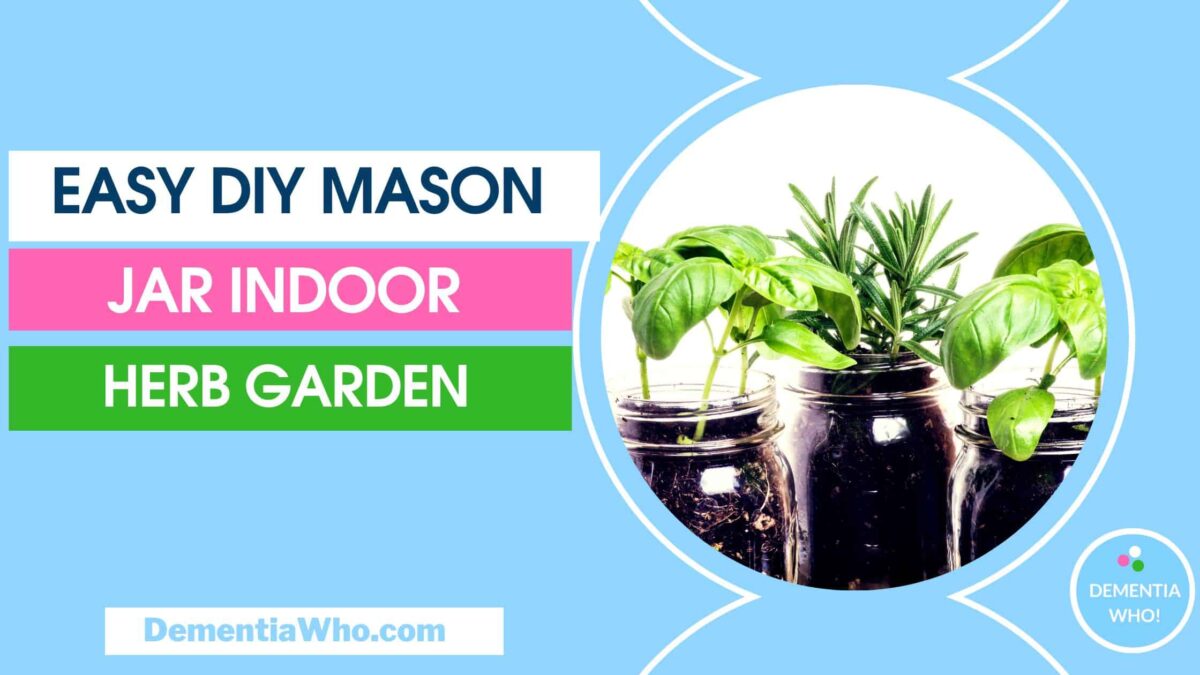
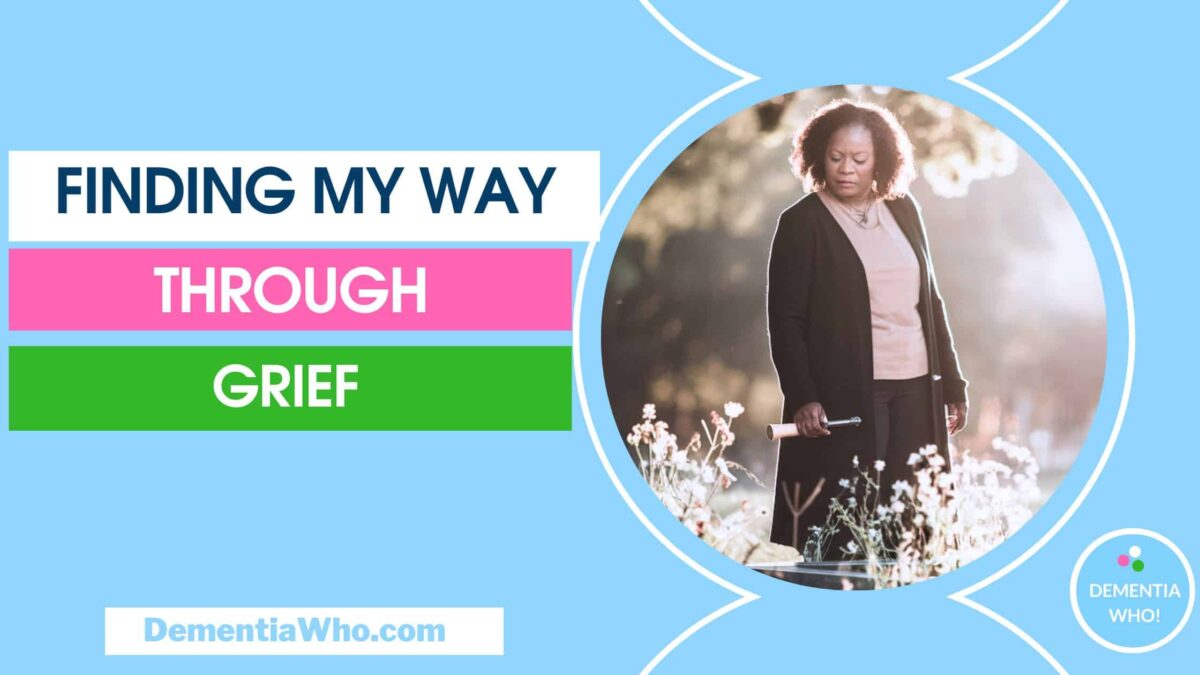
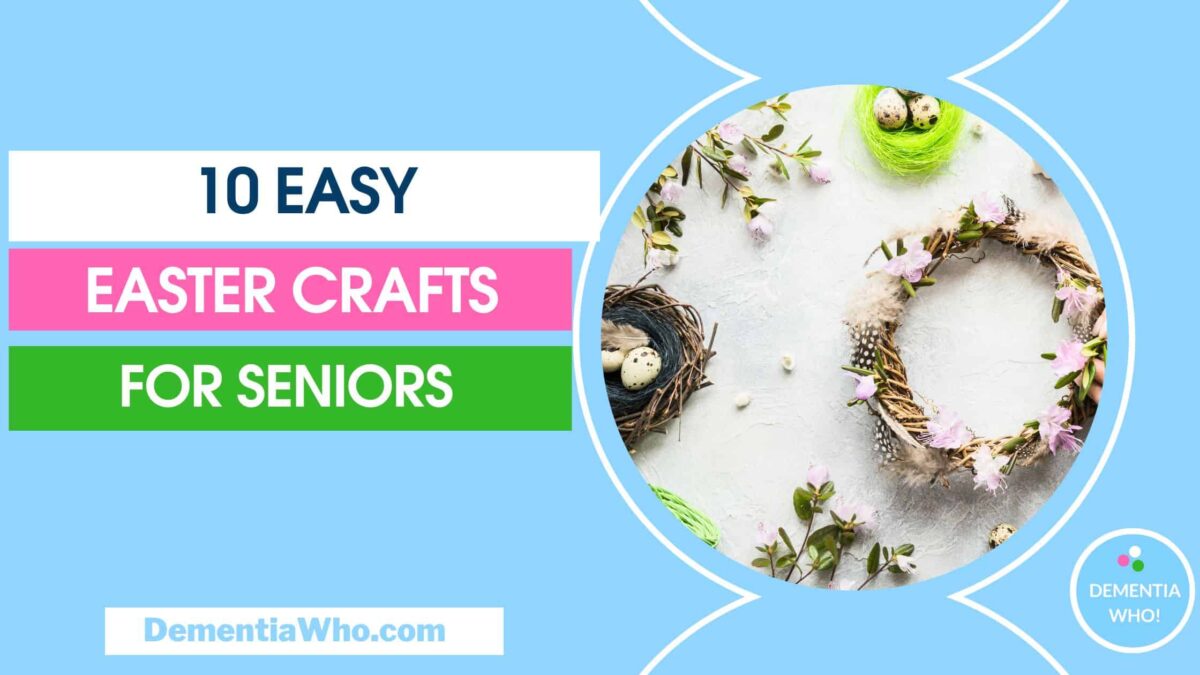
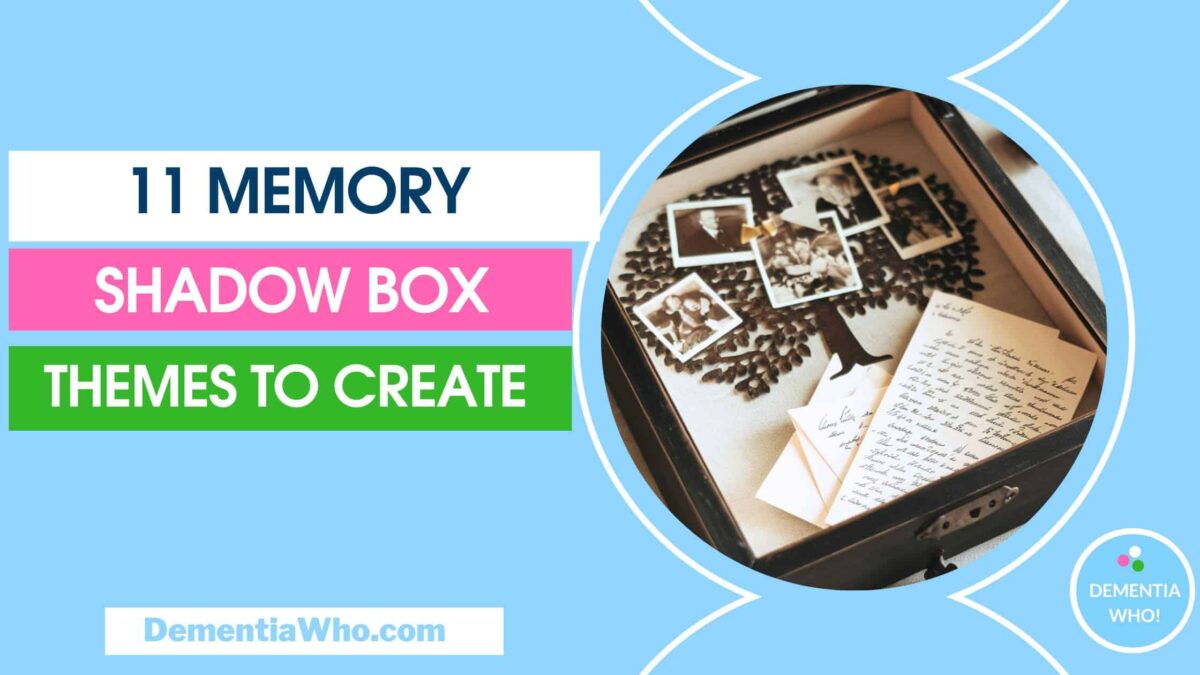
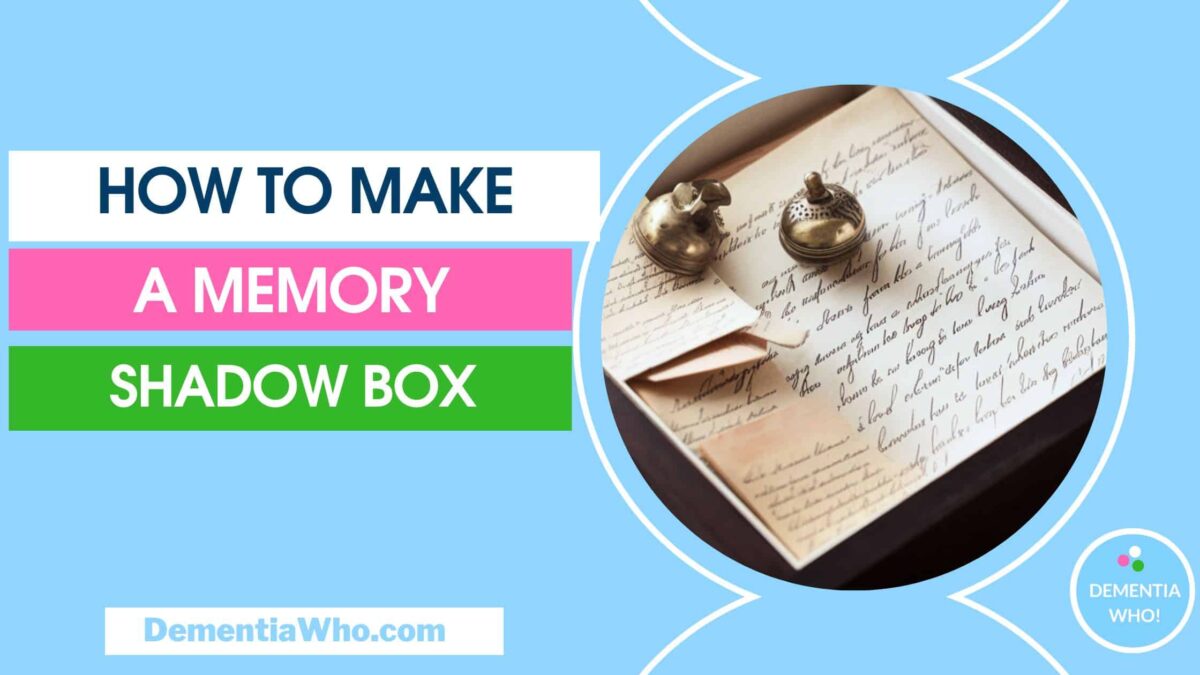
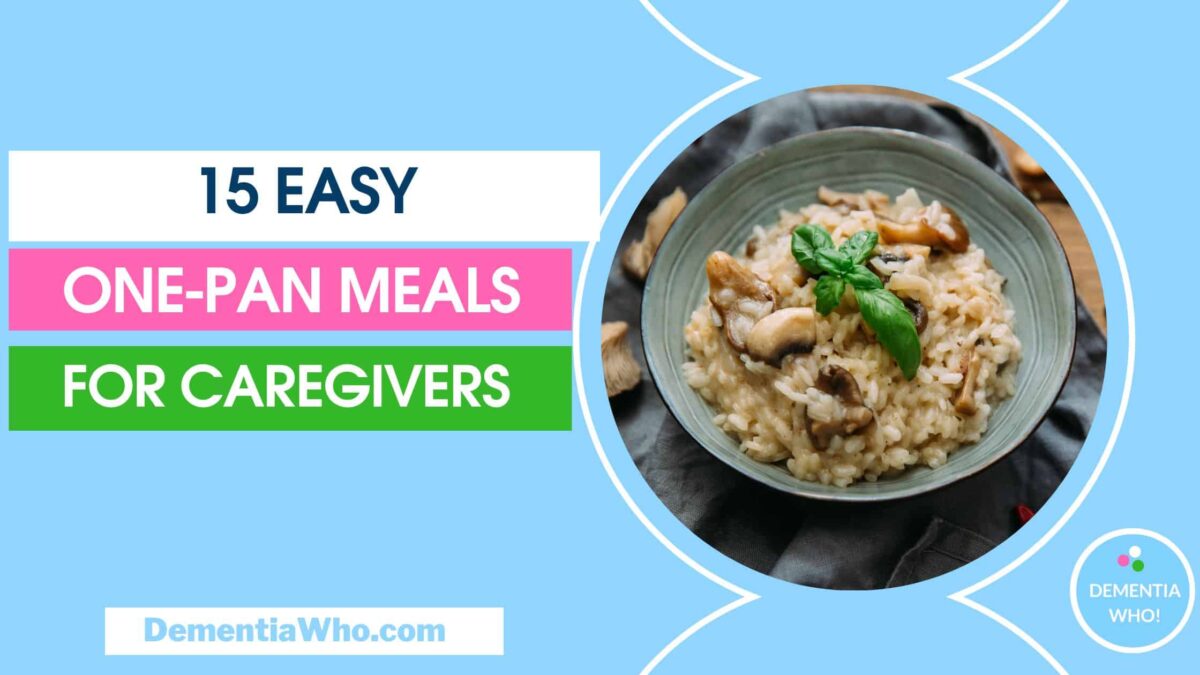
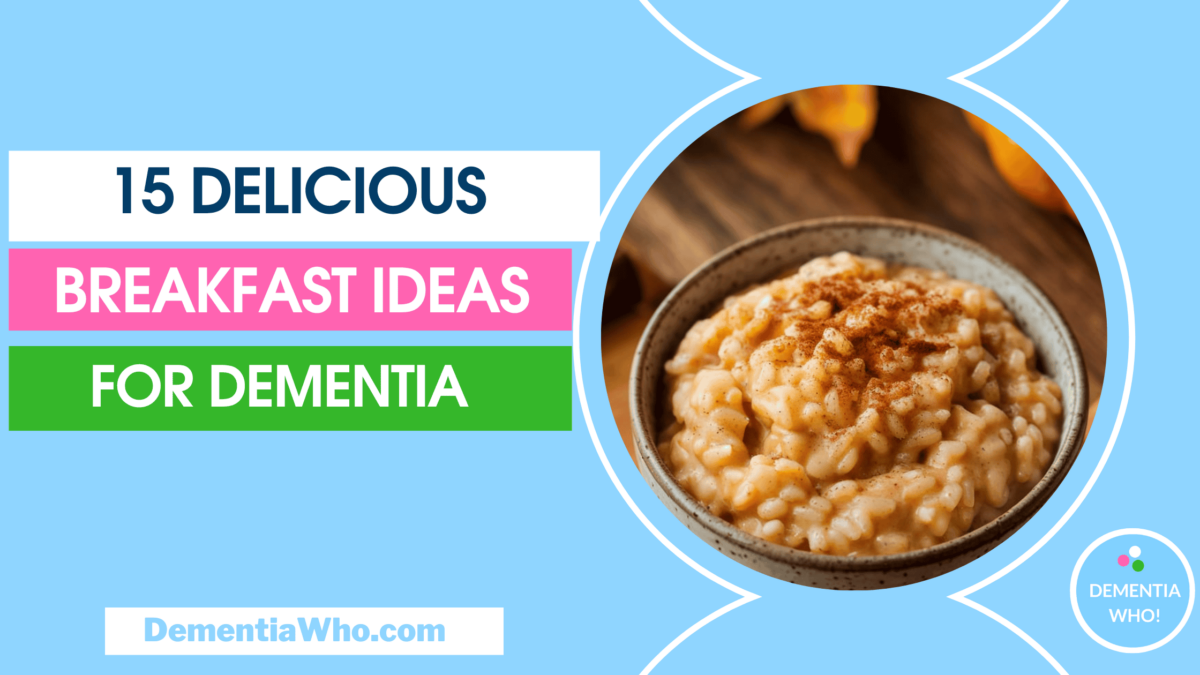
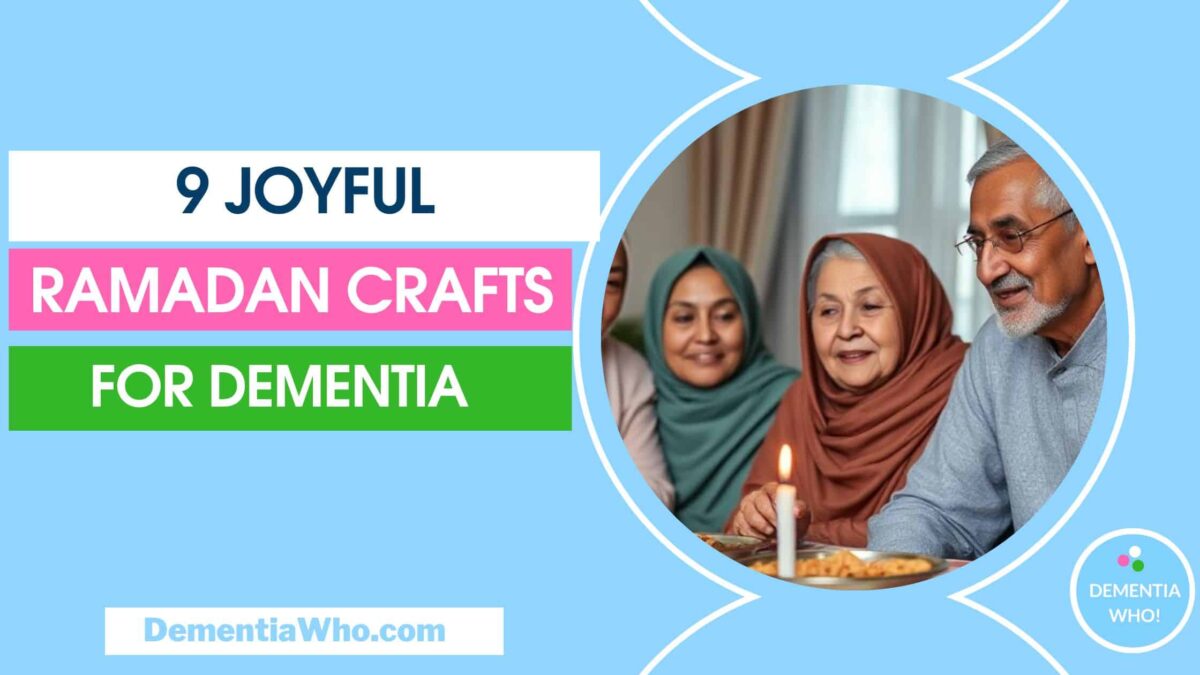
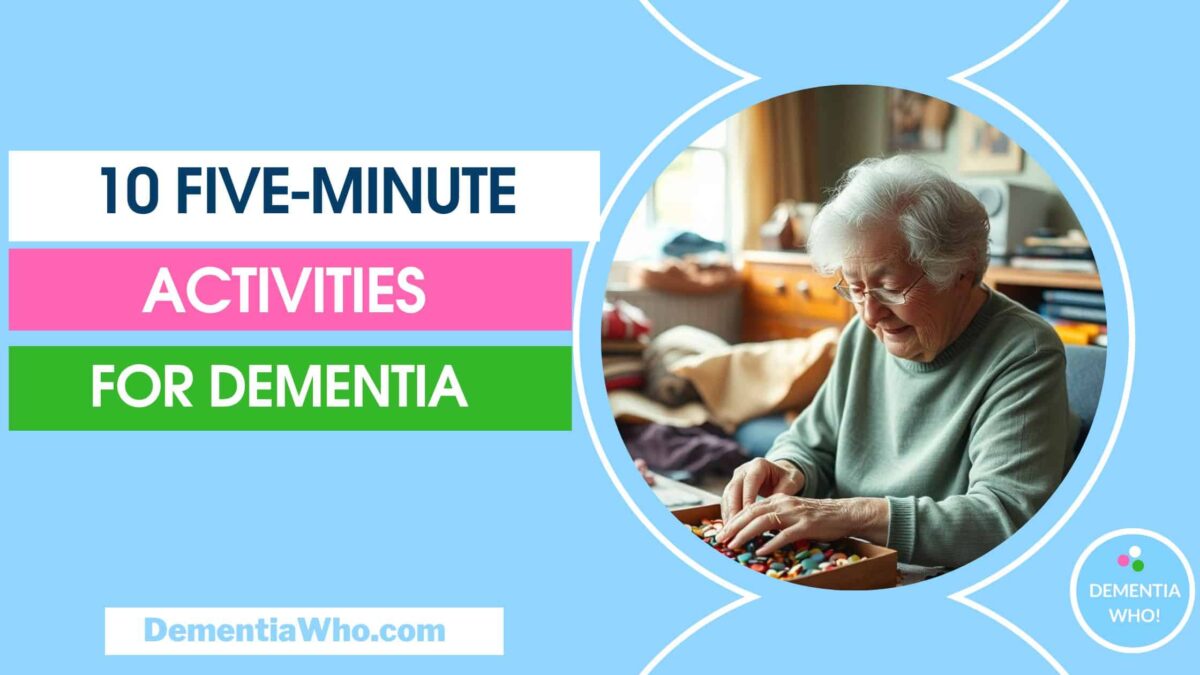
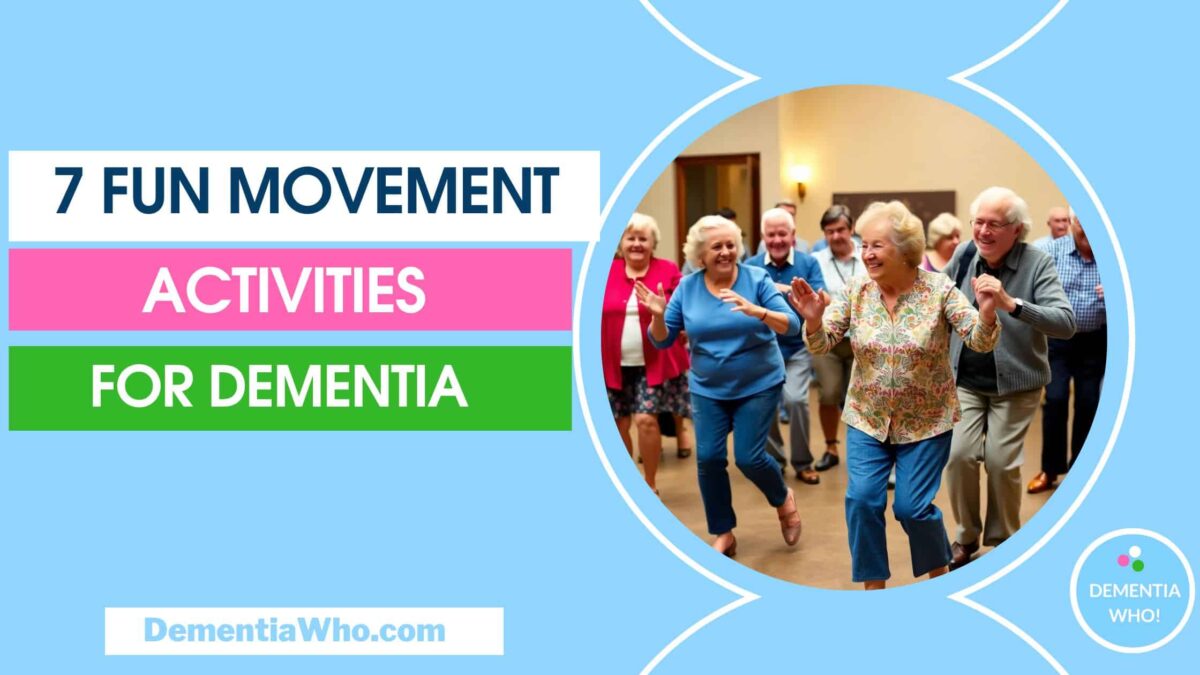

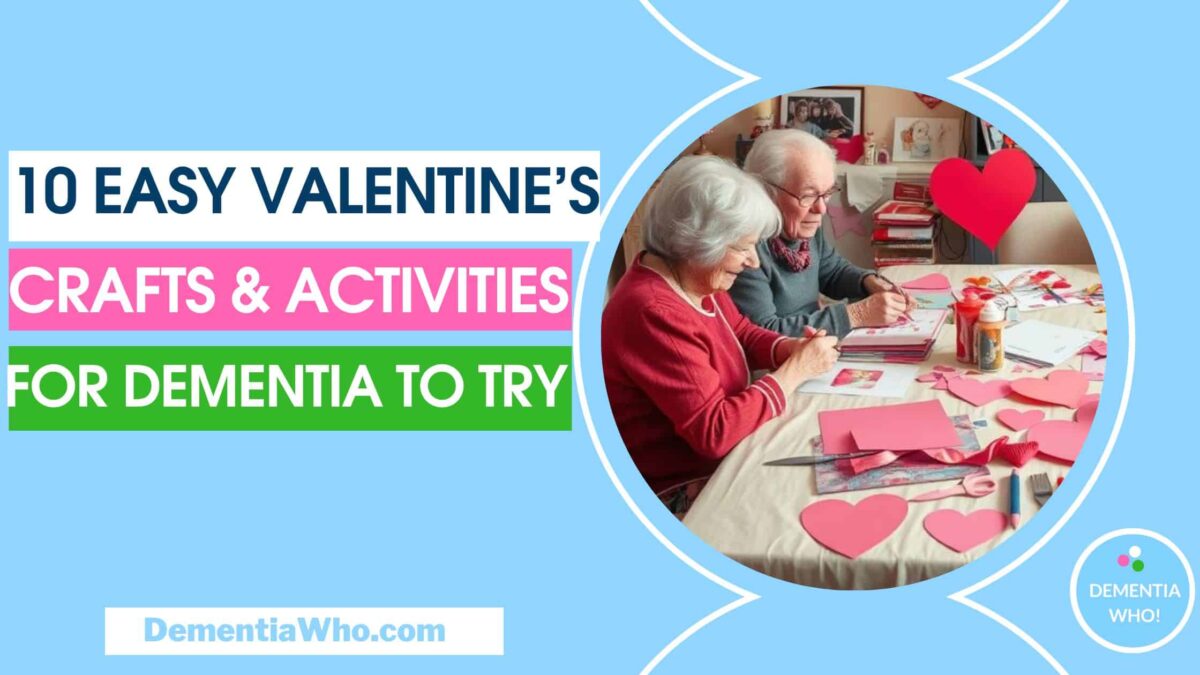


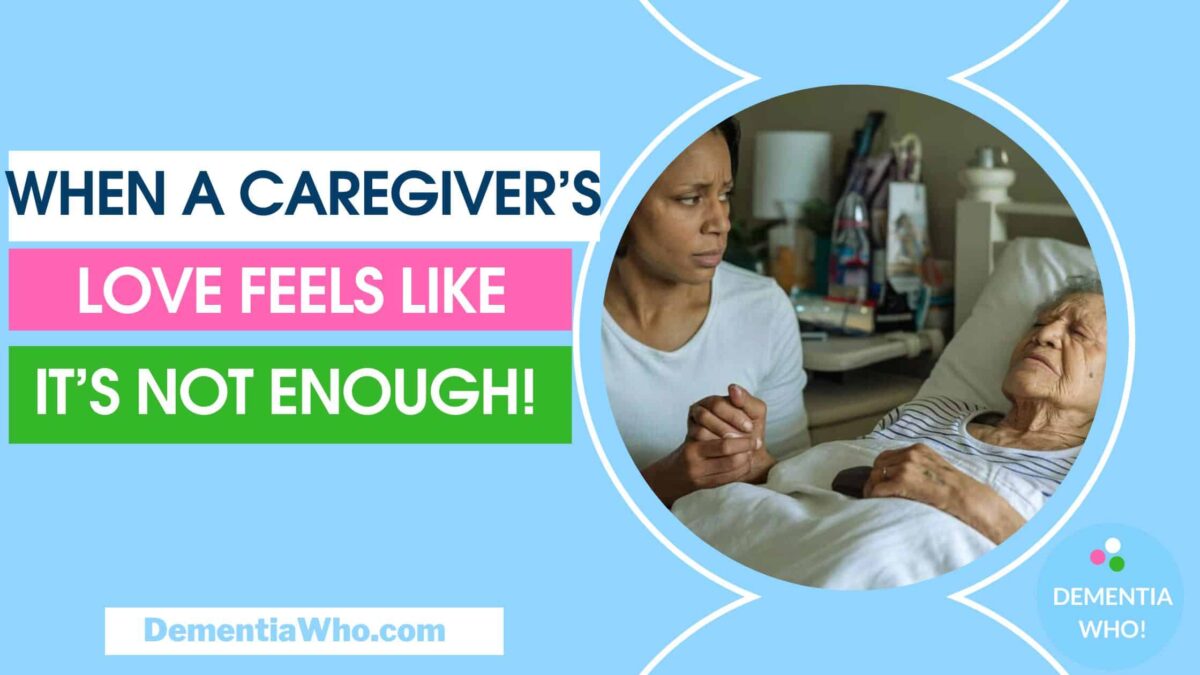
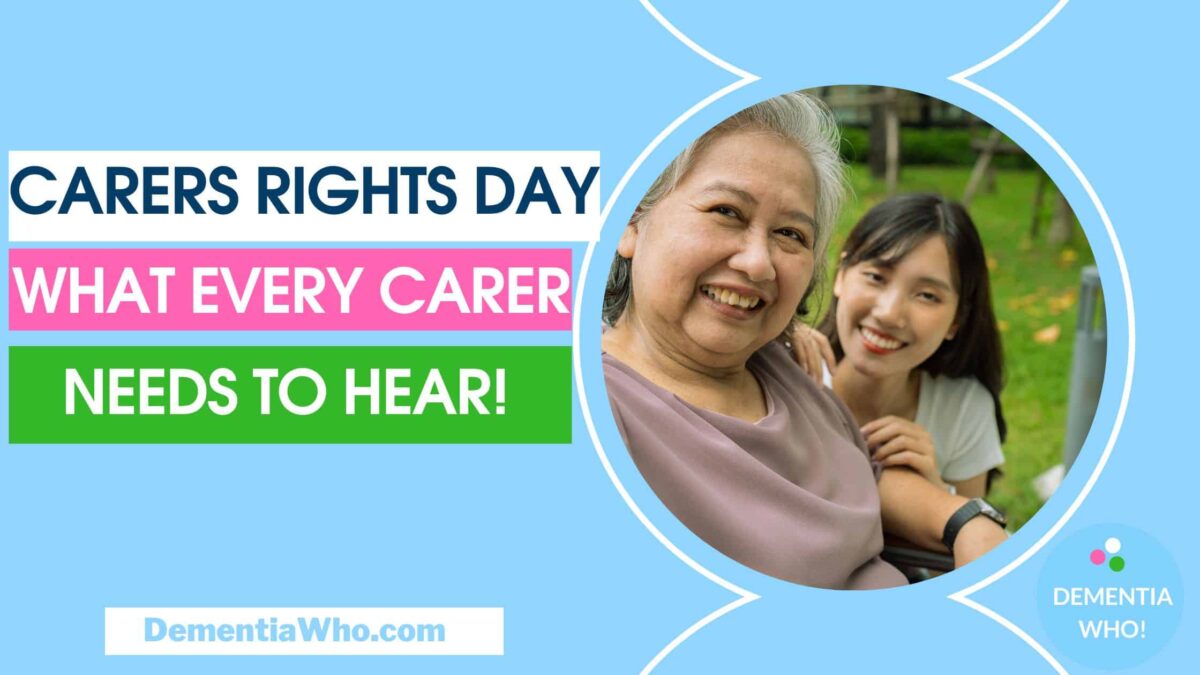
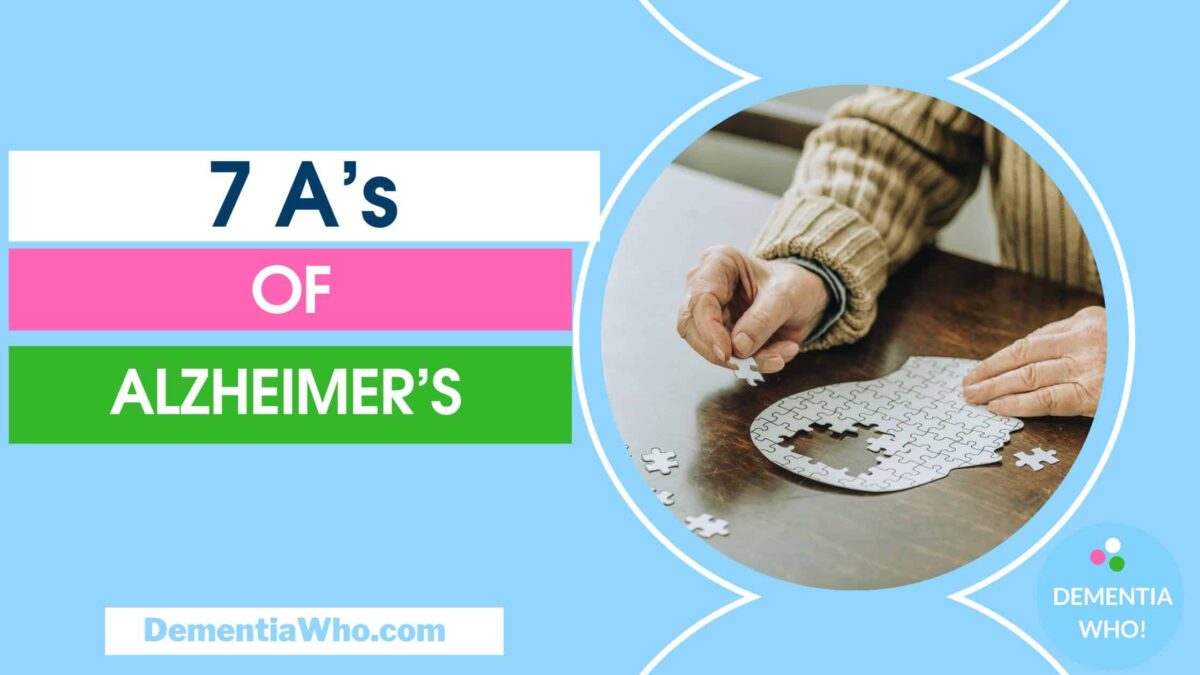



I can entirely relate to this guilt. Pushing them to do what they were doing then realising they can’t or won’t any more. Missing the signs that sn activity was too much, too painful, too hard and regretting the angst it caused as you tried. Accepting their right to give up, to stop trying, to accept dementia is winning the battle. Then feeling guilty because it is as if you wished them dead. Continuing to try and keep a routine, a normality but looking back realising you missed precious final moments. I have no solutions. I am still battling the guilt long after the their journey concluded.
That’s exactly it, it feels wrong, dementia isn’t going to win, but by thinking like that, the only way to do that is at mum’s expense, like you say missing out on precious moments just so that you feel that I”m not giving up, when your loved one is telling you that they don’t want this, missing the signs as you say that this is too hard for them now. Thank you for sharing your experience, it echoes my own. I definitely feel better and sad reading your response, knowing that I’m not the only one going through, it’s a mental fight that keeps me up at night. Thank you again.
Hello, and thank you. The love you have for your Mum shines through all of your doubts and misgivings about the care you are giving to her.
I am learning new skills and tactics every day in caring for my wife, who has multi dementias and untreatable, but thankfully presently dormant, lung cancer. She is 78 years of age and I am 80. We are largely unsupported by family and so the majority of her care is from me alone. So, I too suffer huge guilt in “am I doing the right thing” and what is the right thing?
So I show my wife how very much I love her. I do understand that and I think that she does too.
There are so many pitfalls and trip wires in our life now and we have to ease our way through them as best we can. But we do so together. It is our strength.
Thank you, that’s very kind of you to say. Being a lone carer is tough, I feel for you both, but you’re right we’re doing all we can, we’ll make mistakes but that’s life. No one trained us to be caregivers, we learn on the job,and dementia is so hard for our loved ones and of course us trying to support them. Your message really touched me, the way you care for your wife, the love you have for each other and how strong you are together. I hope you continue to navigate this course, hopefully the guilt will recede or you acknowledge it but don’t let it cripple your ability to care. You sound amazing, I wish you all the best and thank you for reading my blog and your kind message of support.
I’m a carer for my husband who has dementia & arrhythmia – he’s 89 & I’m 74. Thankfully he is continent & mobile. His (worsening) problems are short term memory loss, repetition, loss of executive function & disinhibition. We have no family support as our daughters live far away & have young children & jobs. He refuses to attend Memory Cafe or any other resources e.g. Men in Sheds that are available locally. He relies on me for transport & entertainment apart from the newspaper & TV. Going out for meals, which he enjoys, is becoming increasingly embarrassing due to his derogatory comments about other diners. I’d feel guilty to stop going out but feel there’ll come a point where it’s no longer fair to other people including proprietors of pubs & restaurants. It’s certainly a steep learning curve & quite an uncomfortable one.
Hi Gerry, thank you for sharing your experience. It’s tough for your loved one & it’s tough for you as the primary caregiver trying to navigate so many elements of dementia. The many symptoms make it even harder to balance doing the right thing. We take our cues from our loved ones but it’s not always clear or as you’re experiencing when the disease starts to affect parts of the brain that affect the way they act in public situations that aren’t the “norm”, it can be deeply uncomfortable There’s lots of advice out there about how to deal with it, but reality is always harder. It sounds like you understand this, and you’ve spoken to dementia advisers like Alzheimer’s society, Admiral Nurse Helpline, Carers UK, Mobilise UK or checked online carers forums for advice so won’t preach to you. I can only thank you, hope that you don’t feel guilty in whatever decision you make, I hope you find a solution that works for you, finding restaurants where you can explain the situation in advance, be seated somewhere where your loved one doesn’t feel uncomfortable, or make your own restaurant nights at home with takeout or at friends/families home who understand.Finding that balance that works for us all to try to avoid that guilt, because we don’t deserve that feeling. We love and work incredibly hard to support our loved ones. I will be thinking of you & hope things get easier for you both. Thank you again.